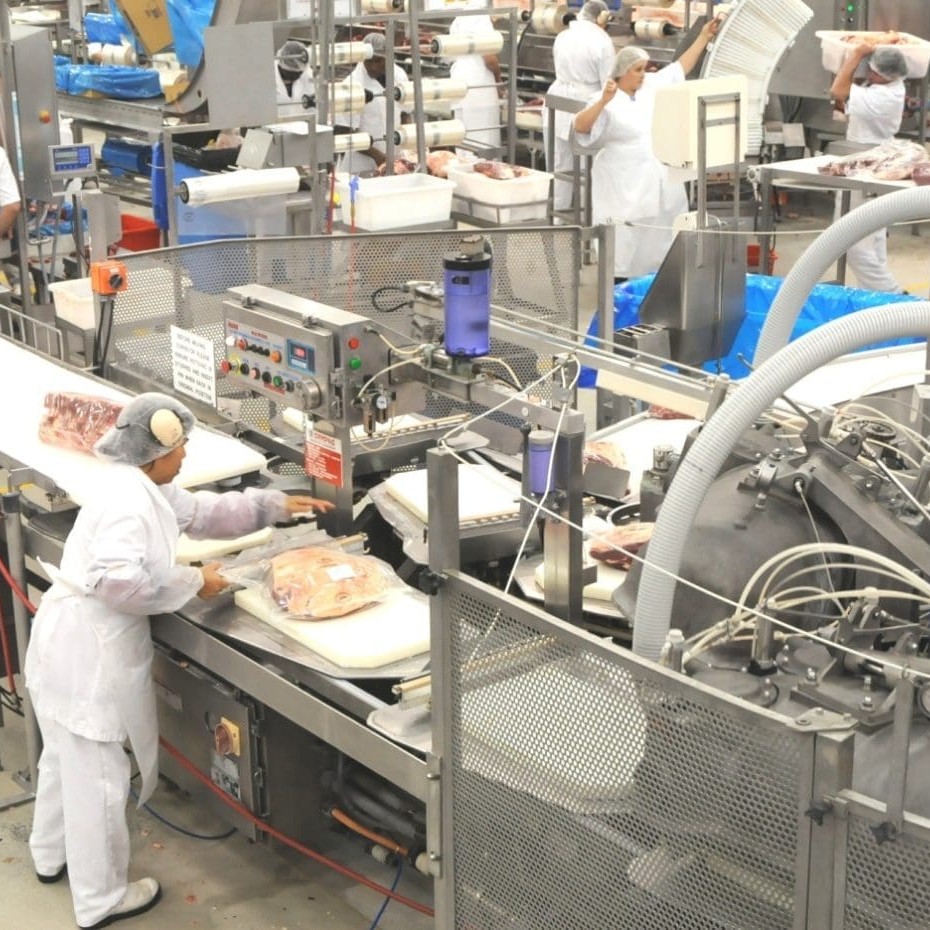 An Australian Industry Group analysis of the first six months of the carbon tax and its impact on business costs and prices has found that businesses estimate that the carbon tax increased their energy costs by an average of 14.5 per cent.
An Australian Industry Group analysis of the first six months of the carbon tax and its impact on business costs and prices has found that businesses estimate that the carbon tax increased their energy costs by an average of 14.5 per cent.
Almost half of all businesses from across significant parts of the economy experienced an increase in their input costs immediately following the introduction of the tax on 1 July, Ai Group chief executive Innes Willox said.
The Ai Group report draws on the results of a multi-stage research project which comprised surveys of businesses in the manufacturing, services and construction sectors in June, July and November 2012, and two in-depth surveys in July and August with a small number of manufacturing businesses.
In a survey of 485 businesses at the end of November, manufacturing businesses estimated they had experienced an average rise in energy costs from the carbon tax of 14pc, service providers 13.6pc and construction companies 14.8pc.
The report also reveals that the net cost burden of the carbon tax has fallen very unevenly across industry.
Food manufacturers have been particularly squeezed and are the most likely to have reported immediate rises in their input costs (90 per cent) and the least likely to be able to pass on their higher costs through the supply chain (11 per cent).
Food manufacturers do not qualify for the trade exposed industry assistance program and are currently facing substantial resistance to price rises from the major retailers.
Mr Willox said the high profile of the carbon tax appeared to have led to some over-estimation by businesses of the specific impact of the carbon tax on their energy cost increases over the past year.
In the November survey, manufacturing businesses attributed close to 85 per cent of their total electricity cost increases over the past year to the carbon tax, whereas data from other sources suggest that, at least for many smaller businesses, the contribution of the carbon tax to total energy price rises was probably closer to one half.
Businesses were facing strong barriers to passing on costs arising from the carbon tax to their customers, he said.
“The first survey in our multi-stage research program, which we conducted in June before the carbon tax took effect, suggested that just 42 per cent of businesses intended to pass on their increased costs.
“The barriers they face include pricing power among their customers; local demand conditions; and competition from imports produced in countries that do not impose similar carbon costs.
"The cost imposts on domestic businesses and the resulting squeeze in margins come at a time when many businesses are under considerable pressure from a broad range of factors including the very strong Australian dollar; strongly rising unit labour costs and the direct and indirect impacts of the prolonged contraction in residential and commercial construction.
“As Ai Group has argued over the past eighteen months, the fixed carbon prices that apply until July 2015 are well above current and projected international prices and are a major flaw in the current approach.
“This considerable additional burden on Australian business could be substantially reduced through early linkage to much lower international prices without compromising Australia's 2020 greenhouse gas targets.”



HAVE YOUR SAY